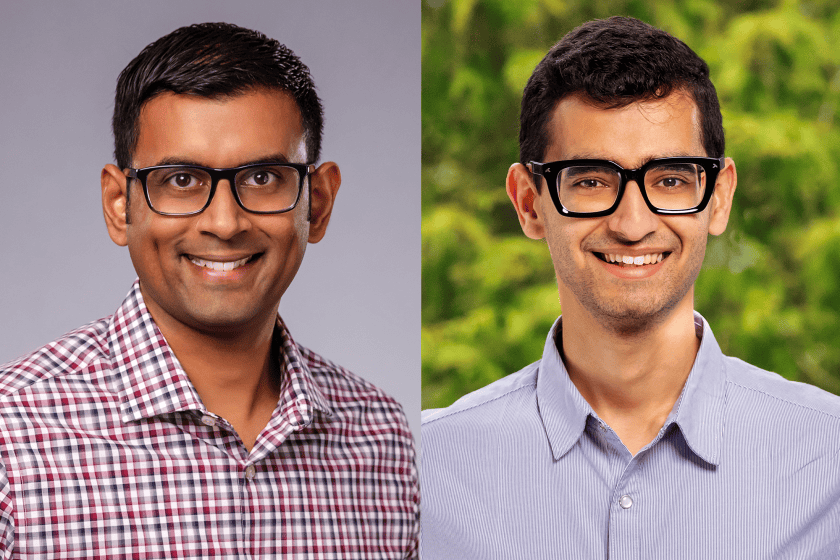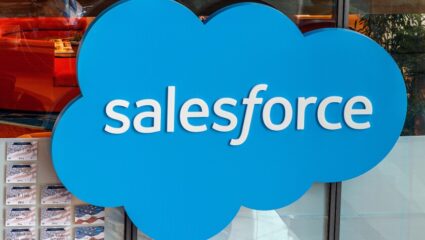
The dizzying rise of shares in Nvidia Corp. (NVDA) is one manifestation of the popular belief in the transformative power of artificial intelligence. Nvidia, which makes semiconductors for AI applications, has more than tripled in value since the start of 2022, reflecting a conviction that AI will remake the world of work. M&A lawyers and bankers are not exempt from the hype, occasionally wondering whether AI will render many of them superfluous.
Arvind Narayanan and Sayash Kapoor are skeptical, as they detail in their new book “AI Snake Oil: What Artificial Intelligence Can Do, What It Can’t, and How to Tell the Difference.” Narayanan, a professor of computer science at Princeton University, and Kapoor, a doctoral candidate in computer science at Princeton and formerly a software engineer at Facebook, offer a guide to the ignorant and the perplexed in which they take a measured approach to AI’s possibilities and limitations.
There are two fundamental types of AI, predictive and generative. The authors are dubious of claims for predictive AI. They’re far more optimistic about generative AI, though here too, they argue that the hype far outpaces the likely reality.
“The success of all generative AI depends on the availability of large amounts of data,” they write, but a task might require far more data than initially expected, as has been the case with self-driving cars.
Similarly, the authors of “AI Snake Oil” note that proponents of GPT 4 scored in the 90th percentile on the bar exam. But such tests “overemphasize subject-matter knowledge” at the expense of practical skills, which are far harder to measure. Practicing law is like driving a car; the challenge isn’t in knowing the rules or in managing familiar situations, but in confronting the novel and unfamiliar.
Narayanan and Sayash Kapoor believe that, like the internet, generative AI “will become part of our digital infrastructure instead of being a tool people use for specific purposes” and “will shift to the background as a medium to a large amount of knowledge work.”
And, they add, any new technology is used “in organizational contexts where people have to interact with it, learn how to use it and employ it in everyday tasks,” a process that can take years, as they believe will turn out to be true for generative AI. Ultimately, they believe, “Workers in high-status jobs are unlikely to face the brunt of labor displacement.”
A range of technologies, from email to document management systems, have made corporate legal practice more efficient — and far more lucrative — since the 1990s. The same may turn out to be true for generative AI.



